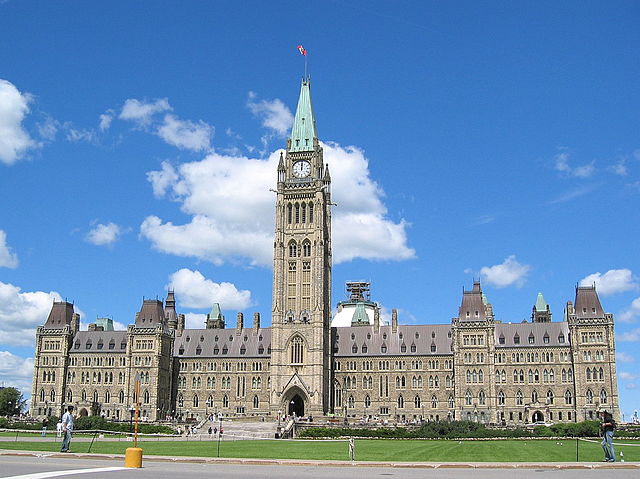
The Government of Canada has taken necessary measures throughout Canada’s COVID-19 Economic Response Plan to support Canadians and businesses facing difficult challenges as a result of the global COVID-19 outbreak.
On March 27, the government announced that it would allow businesses, including self-employed individuals, to defer all Goods and Services Tax/Harmonized Sales Tax (GST/HST) payments, as well as customs duty payments owed for imports, until the end of June. The money this left in the pockets of business owners – the equivalent of providing up to $30 billion in interest-free loans – helped them continue to pay their employees and their bills, and helped ease cash-flow challenges across the country.
Today, with a broad range of measures and support programs now in place to help and provide assistance to those businesses and individuals most affected by the economic impacts of the pandemic through the COVID -19 Economic Response Plan, the GST/HST and customs duty payment deferral is ending as planned on June 30.
Businesses that continue to experience difficulty in remitting GST/HST and customs duty amounts owing can contact the Canada Revenue Agency (CRA) and Canada Border Services Agency (CBSA) to make a request for the cancellation of penalties and interest, and/or for a flexible payment arrangement with the CRA.
The Government of Canada continues to assess and respond to the impacts of COVID-19. It stands ready to take additional actions as needed to stabilize the economy and mitigate the impacts of the pandemic.
Quotes
“The government continues to invest in measures and programs that protect Canadians and our economy from the impacts of the COVID-19 pandemic during these extraordinary times. Our plan has been about making sure Canadians receive the support that they need to pay their bills and put food on the table. This includes working closely with businesses to provide the support necessary so that we are able to safely restart our economy and pave the way towards a recovery that leaves no one behind.’’
– Bill Morneau, Minister of Finance
Quick facts
- The government is also supporting Canadian businesses through the COVID-19 outbreak with targeted new initiatives that:
- Provide a forgivable loan through the Canada Emergency Commercial Rent Assistance for small businesses to qualifying commercial property owners, who in turn give a rent reduction of at least 75% for April and May (retroactive) and June, to impacted small business tenants who have experienced at least a 70% drop in pre-COVID-19 revenues.
- Provide effective support to those eligible employers that are hardest hit by the COVID-19 pandemic through the Canada Emergency Wage Subsidy (CEWS). The CEWS covers 75% of an employee’s wages – up to $847 per week – for eligible employers. The CEWS allows businesses to re-hire employees and avoid layoffs. Employers of all sizes from across the economy are eligible, with certain exceptions including public sector entities.
- The Canada Emergency Business Account (CEBA) provides interest-free loans of up to $40,000 to small businesses and not-for-profits, to help cover their operating costs during a period where their revenues have been temporarily reduced.